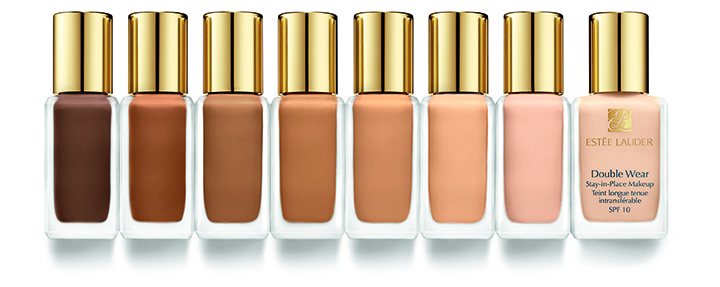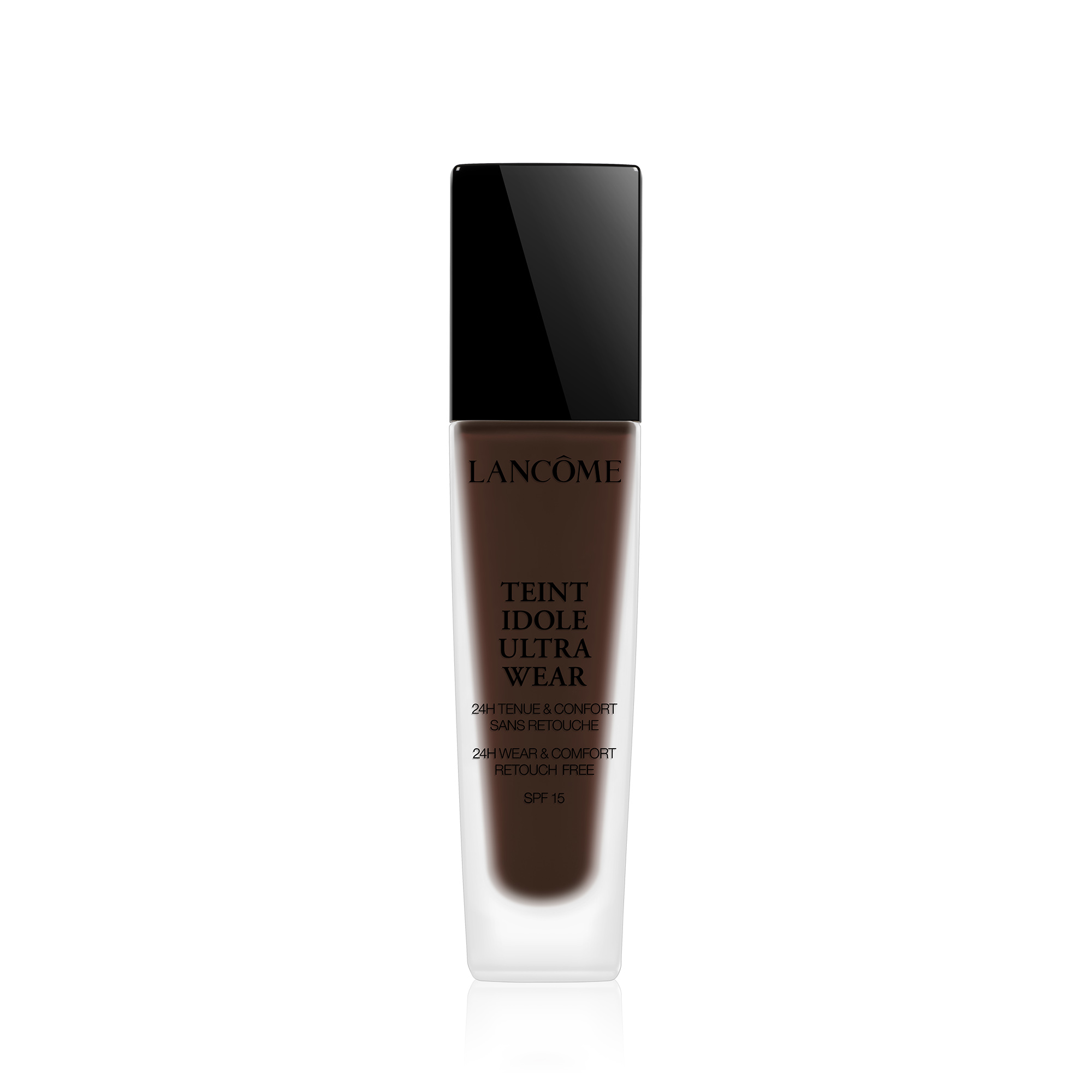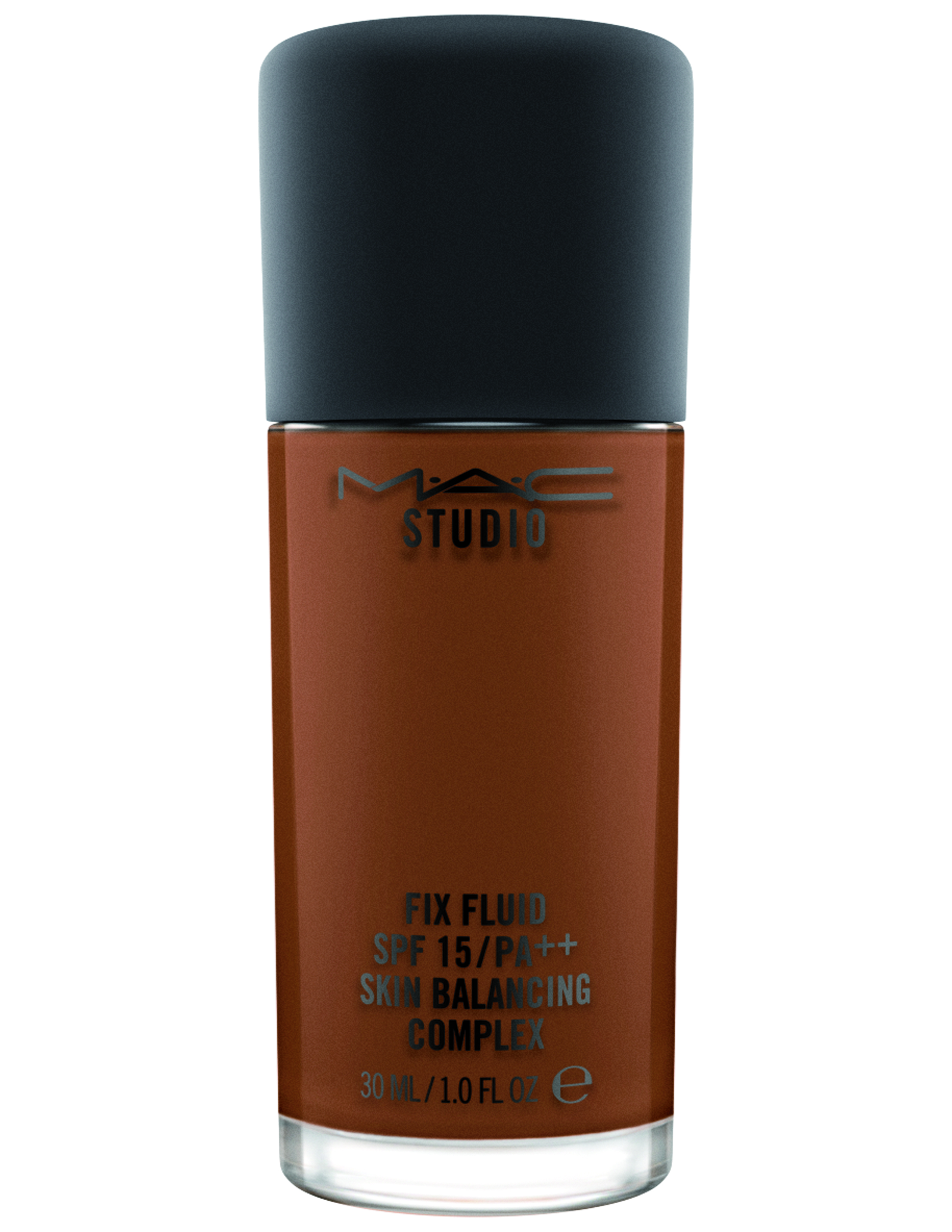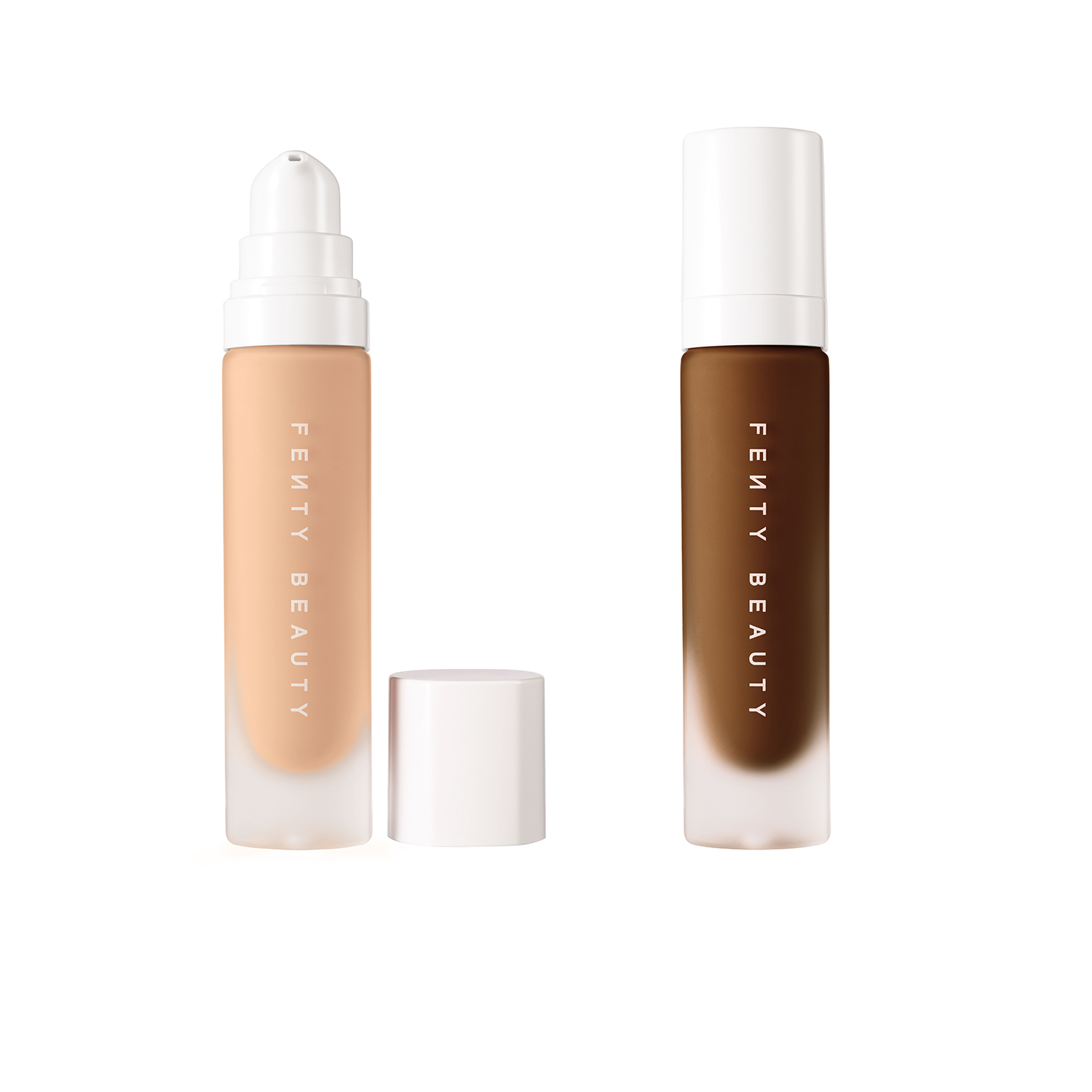Foundations for the melanin-rich are improving – but there’s still a way to go
Words Carly Lewis-Oduntan
Opening image Mehul Derodra
In the last quarter of 2017 there were some big diversity wins within the world of makeup. Rihanna sent fans into a frenzy with the launch of her now award-winning Fenty Beauty range, Cover FX hammered home the message that #NudeIsNotBeige, and it was announced that Insecure writer and actress Issa Rae had been welcomed into the CoverGirl family.
Therefore it was disappointing, though not surprising, that when Tarte released its hugely anticipated Shape Tape foundation at the top of this year, the shade options for darker skin were indefensibly limited. Out of 15 shades only three could be classed as dark. After heavy criticism from beauty influencers of all races, Tarte issued an apology and an additional three dark shades have since been released.
The absence of suitable foundation shades has long been an issue for ethnic minorities with darker hues, especially when it comes to lower-end high street brands, many of which have an unrelenting obsession with beige.
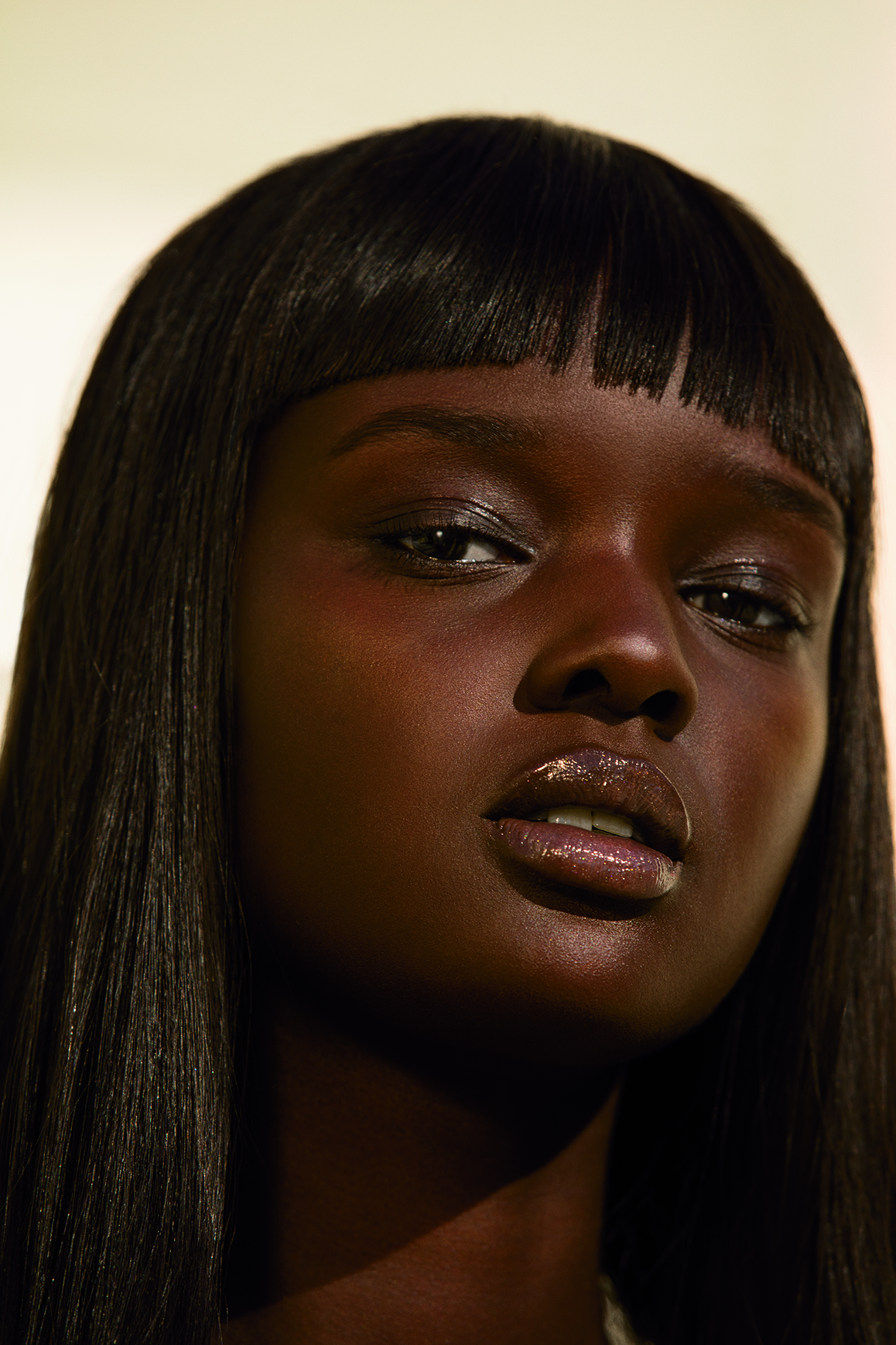
Model Duckie Thot
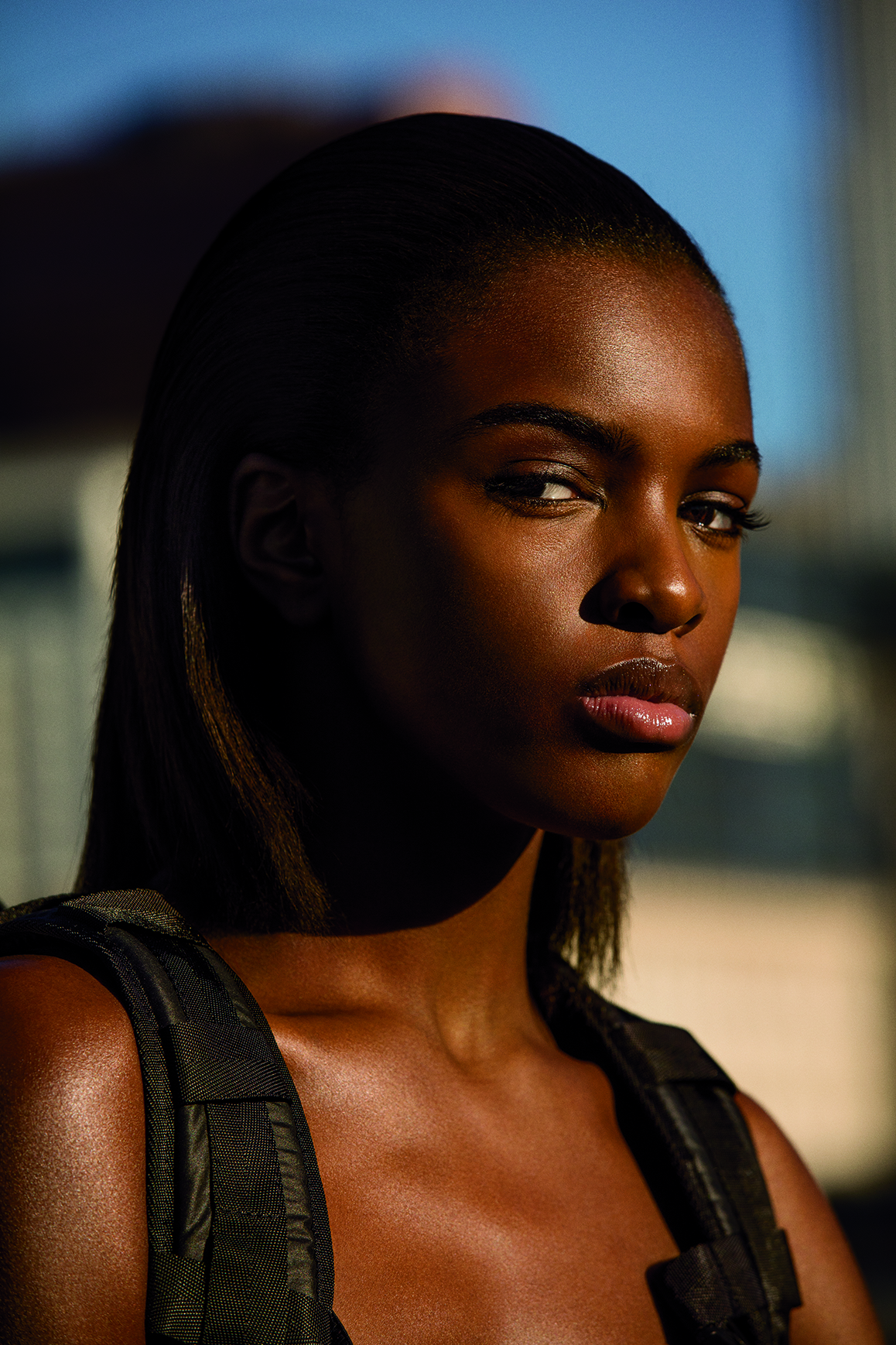
Model Leomie Anderson
The absence of suitable foundation shades has long been an issue for ethnic minorities with darker hues, especially when it comes to lower-end high street brands, many of which have an unrelenting obsession with beige. Seriously, there are at least 12 different variations of the colour beige between foundation ranges by Revlon, Rimmel and Max Factor.
That’s not to say that there hasn’t been an improvement on the high street, most notably with L’Oréal’s True Match foundation which is now available in 28 shades. Maybelline’s Fit Me Matte & Poreless foundation comes in 19 shades and Max Factor’s Healthy Skin Harmony Miracle foundation has 18, but there are still significant strides to be made. And until we see more accessible and affordable brands make the necessary improvements with regard to inclusivity, darker-skinned people, particularly those who are black and Asian, have no choice but to spend more.
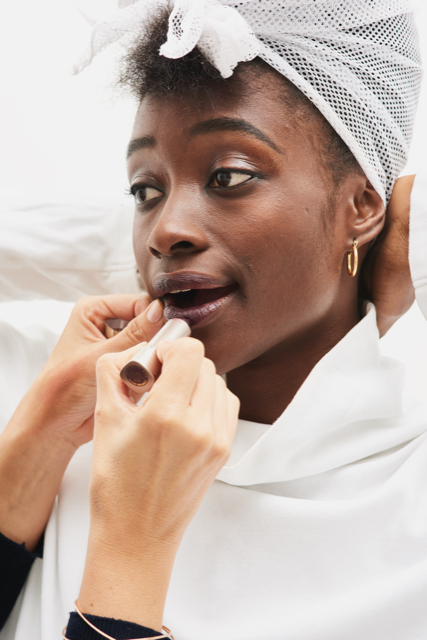
Makeup Artist Valeria Ferreira
Photographer Emma Engkvist
Model Sienne King
“In terms of drugstore brands I’ve always been the darkest shade, but I know there are loads of women who are darker than me,” says celebrity makeup artist Mahina Quadri. “So it’s a bit annoying, especially as a makeup artist, when people ask me to recommend drugstore products and I can’t.”
Brown Beauty Talk editor, Ronke Adeyemi, has had a similar experience. “If I’m looking at budget foundations, say in Superdrug or Boots, it’s very difficult because even though you might get brands that stock them, they’re not always in my local shops and sometimes when I go to shops in central London they’re sold out.” This means that while some are able to spend as little as £8.99 on a product, others may not be able to get anything for less than £30. “Some girls have to go and buy more expensive things and that’s just not fair,” says makeup artist Yasmina Bentaieb who’s worked with Clara Amfo and Emeli Sandé. “I just don’t understand how this hasn’t been improved yet.”
“Some girls have to go and buy more expensive things and that’s just not fair,” says makeup artist Yasmina Bentaieb who’s worked with Clara Amfo and Emeli Sandé. “I just don’t understand how this hasn’t been improved yet.”
The idea of an optimum number of shades to suit every tone seems impossible, someone somewhere will always have to mix shades to find a suitable match. But a foundation range with no more than 12 colours, as is commonly found with high street brands, doesn’t even come close to being representative of the pool of consumers who may be interested in buying the product.
When Fenty Beauty released its sneak peek trailer ahead of its launch last year, people gushed about how refreshing it was to see a makeup campaign showcasing such a diverse group of women, including Duckie Thot who’s of Sudanese heritage, and Chinese model Huan Zhou. The brand was also praised for its 40-shade foundation offering, which is certainly impressive for an introductory rollout. At the New York launch party, Rihanna explained: “I want women of all shades to feel included, and all races and all cultures to be a part of this. And that’s really what was important for me within choosing the shades and how many we were gonna make, especially with the foundation.”
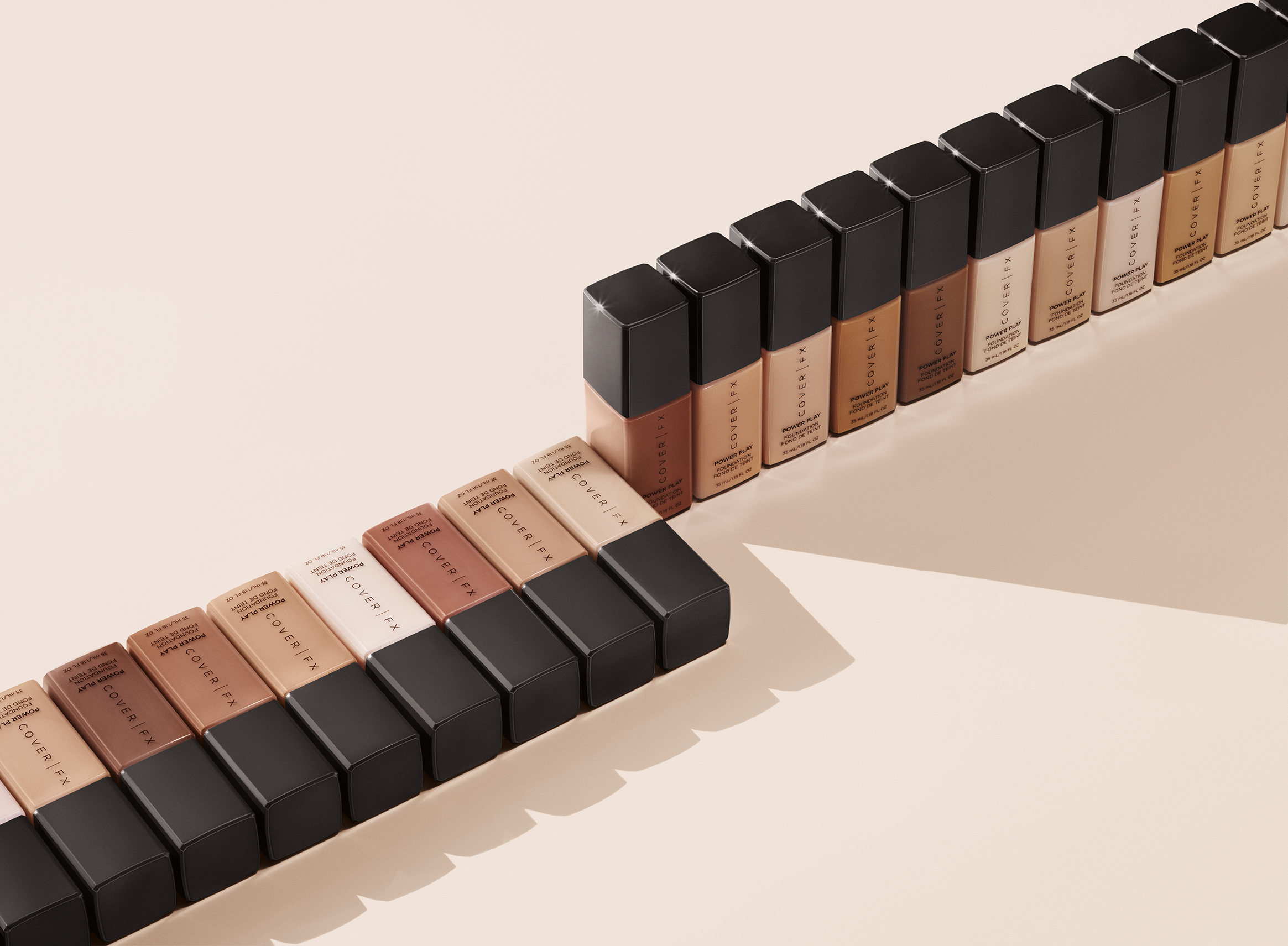
COVER FX, £38
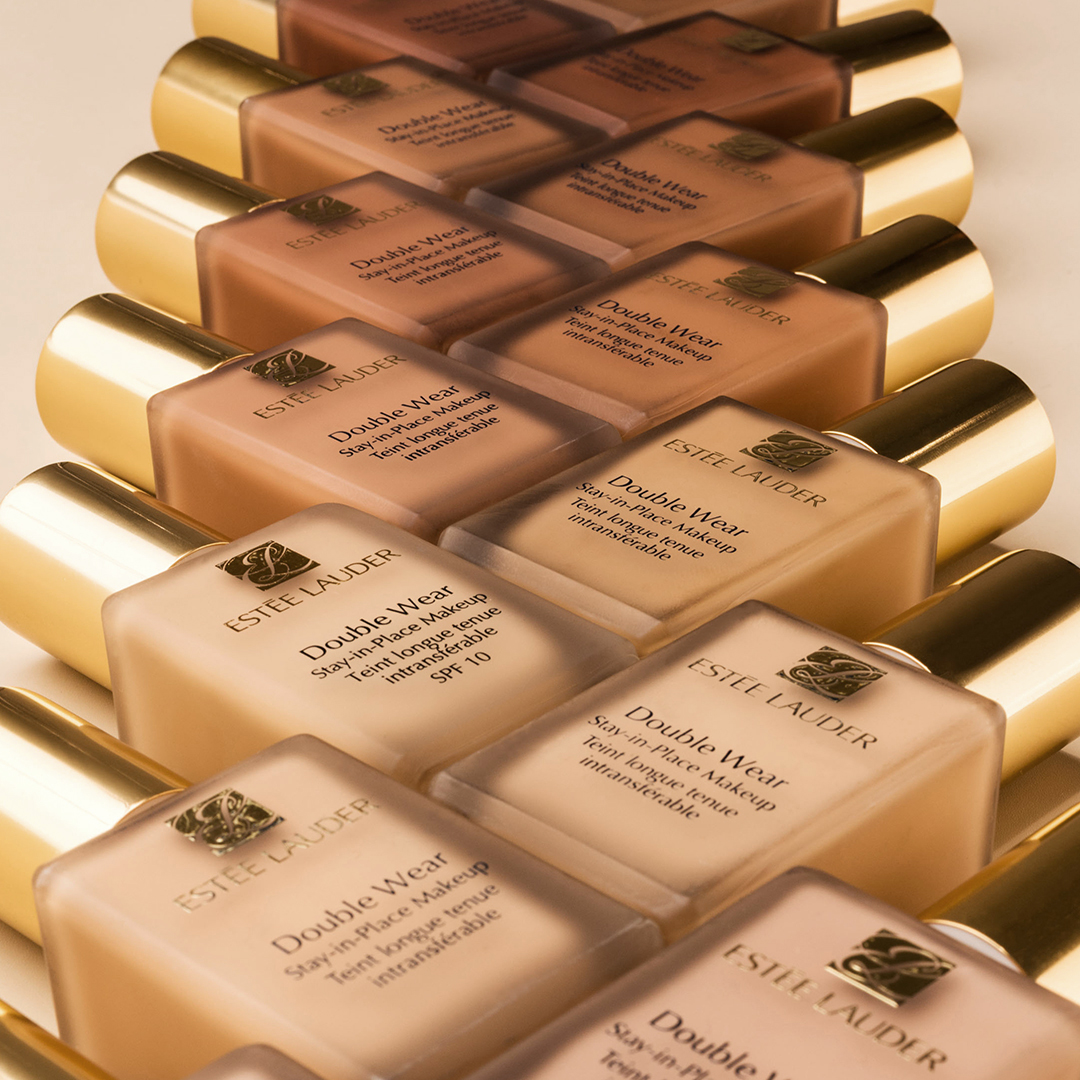
ESTEE LAUDER, £33.50
There are of course other notable names that have long occupied seats at the diversity table. M•A•C, for example, has always been synonymous with inclusivity. Nick Gavrelis, M•A•C’s Senior Vice President of Global Product Development, tells us: “Since the brand’s very beginning, M•A•C has remained true to its makeup artistry roots and has strived to provide both makeup artists and consumers a vast and rich shade offering that truly supports our credo – All Ages, All Races, All Genders.
“Over the years, our distribution has expanded and taken us further into Sub-Saharan and South Africa, Middle East and India, China and Latin America. Through this we are being introduced to new undertones and nuances as the global population continues to mingle and grow.” Currently, M•A•C has 53 shades of Studio Fix Powder Plus Foundation and 46 shades of its top liquid foundation, Studio Fix Fluid.
Cover FX is another brand that prides itself on catering to a wide range of skin tones – all four of its foundation ranges come in 40 shades and three undertones. “Cover FX’s commitment to inclusivity in shade range dates back to our founding in 2000,” says CEO, Sharon Collier. “We believe makeup should be empowering, but also democratic. Everyone should be able to find their match and make their own beautiful.”
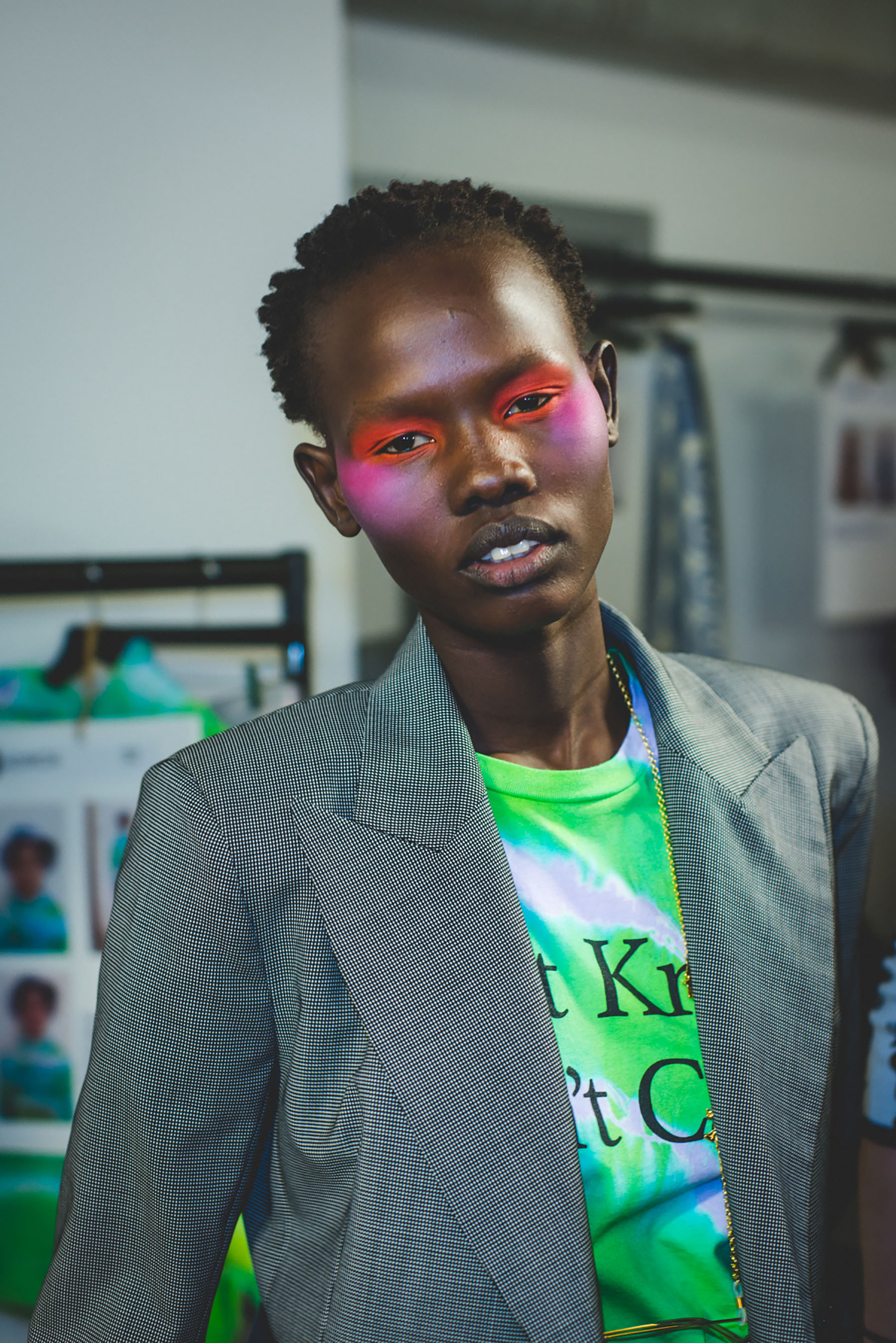
Photography Mehul Derodra
The fight for shade diversity continues, and even though options tend to get increasingly more sparse the further down the darker spectrum you travel, those who require more depth just need to look further afield. “With someone like Alek Wek, for me there’s only the Illamasqua foundation in number 18 that does that colour. It’s a true ebony shade, the darkest I’ve ever come across,” says makeup artist Valeria Ferreira whose past clients include Michaela Coel and Jourdan Dunn. She also lists Iman and blackUp amongst her top picks for darker skin. “I go to Morleys in Brixton because they’ve got a really good selection of brands so I’ve been there loads of times searching for things for my clients.”
And for those of us who are melanin-rich and struggling to pick the right shade, Ferreira explains: “The perimeter of the face is darker than the centre. Sometimes with darker skin tones you can really see the difference so I think it’s always better to match the darker area to even out the skin tone and then you can highlight. You can use a concealer to bring back the under eye area, the top of the nose, the cheekbones and then do a bit of sculpting.”
Here’s to a bright, inclusive future of infinitely nuanced beauty.
5 OF THE BEST BRANDS FOR THE EXTENSIVE FOUNDATION RANGES
Swipe right for our picks of the brands offering quality *and* quantity…

